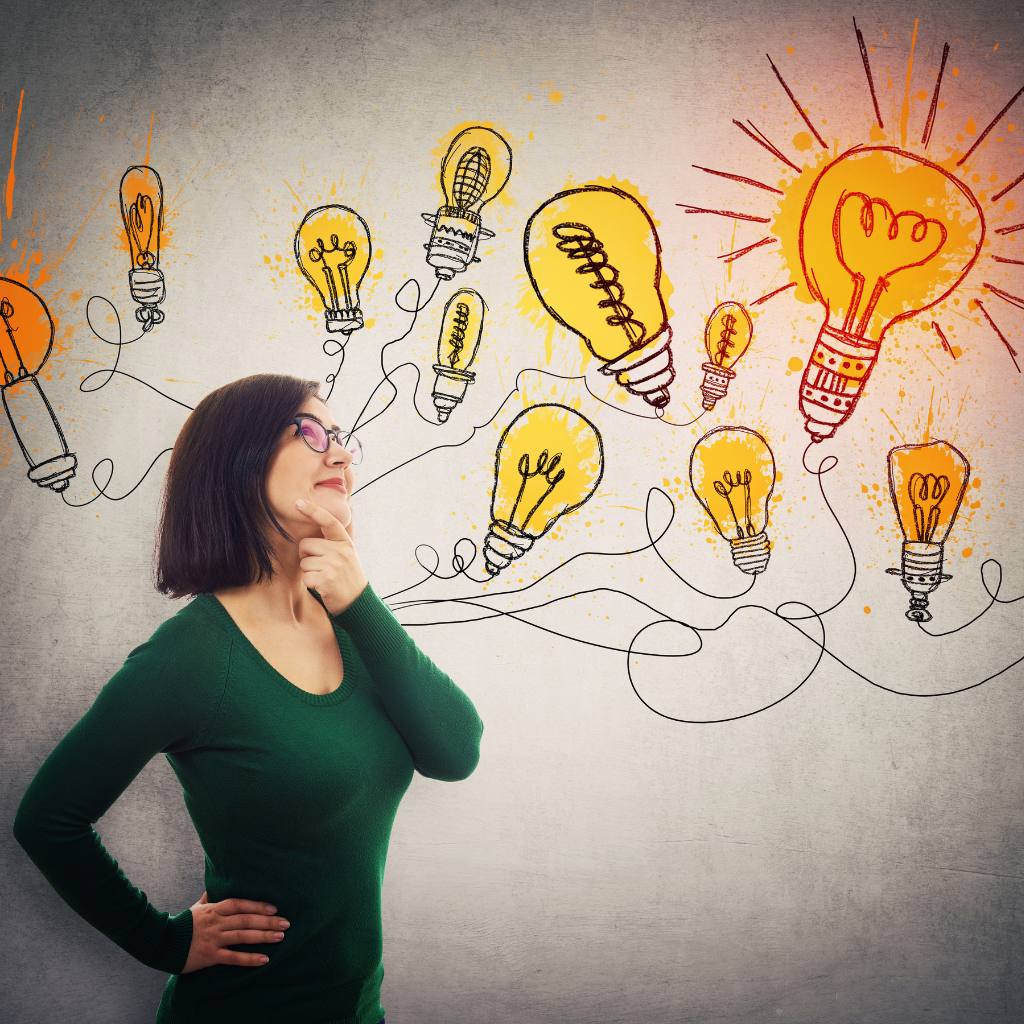
As we celebrate the International Day of Education on the 24th of January 2024, it’s an opportune moment to reflect on the transformative power of education and its role in shaping a future where every individual has the opportunity to learn, grow, and contribute to the world. In this blog, we will look at the power of female education.
In the intricate dance of societal progress, one pivotal movement involves breaking down barriers that have historically limited the potential of women. Education emerges as a formidable force in dismantling these barriers, offering a transformative pathway for females to unleash their capabilities and contribute meaningfully to society.
Access to education has long been a battleground for gender equality. By providing girls and women with equal opportunities to learn, we dismantle the systemic constraints that have impeded their progress. Initiatives like UNESCO’s Global Education Monitoring Report and organisations such as Malala Fund champion this cause, emphasising the importance of breaking down barriers that deny females access to education.
Educating women is not merely an isolated act; it has a profound ripple effect that echoes across communities and generations. Economically, educated women become key contributors to workforce development, fostering financial stability and reducing poverty rates. The World Bank underscores the high returns on investing in female education, as it propels economic growth and development.
Beyond economic empowerment, education acts as a catalyst for social and cultural change. Educated women challenge prevailing gender norms and stereotypes, becoming catalysts for broader societal evolution. This shift is not confined to theory; it plays out tangibly as educated women take on diverse roles, inspiring others and contributing to a more inclusive and equitable world.
Political representation, another arena where women have historically been underrepresented, undergoes transformation with increased female education. Educated women are more likely to participate actively in civic life, bridging the gender gap in political spheres. This increased representation brings a diversity of perspectives to policymaking, fostering a more inclusive and representative governance structure.
The impact of female education extends beyond the individual to shape future generations. Educated mothers, armed with knowledge and a commitment to learning, prioritise their children’s education. This intergenerational influence creates a positive cycle of knowledge transfer, ensuring that the benefits of education reverberate through families and communities for years to come.
Innovation and progress also find a champion in educated women. By breaking barriers to entry in fields like STEM, women contribute a diversity of ideas, perspectives, and talents. As we recognise the untapped potential of female participation in these critical domains, the call for increased female education becomes not just a matter of equality but a pathway to unlocking innovation and progress on a global scale.
The power of female education lies in its ability to break barriers, shatter stereotypes, and pave the way for a more inclusive and equitable world. As we invest in educating girls and women, we not only provide them with opportunities but contribute to a shared future where the potential of every individual, regardless of gender, can be fully realised. Breaking barriers using female education is not just a choice; it’s a collective responsibility for a brighter, more harmonious world.
Resources referenced in this blog can be found here:
https://malala.org/
https://www.unesco.org/gem-report/en
More information can be found here:
https://www.dfat.gov.au/development/topics/development-issues/education-health/education/girls-education
https://www.thesmithfamily.com.au/programs/aboriginal-and-torres-strait-islander/girls-at-the-centre






